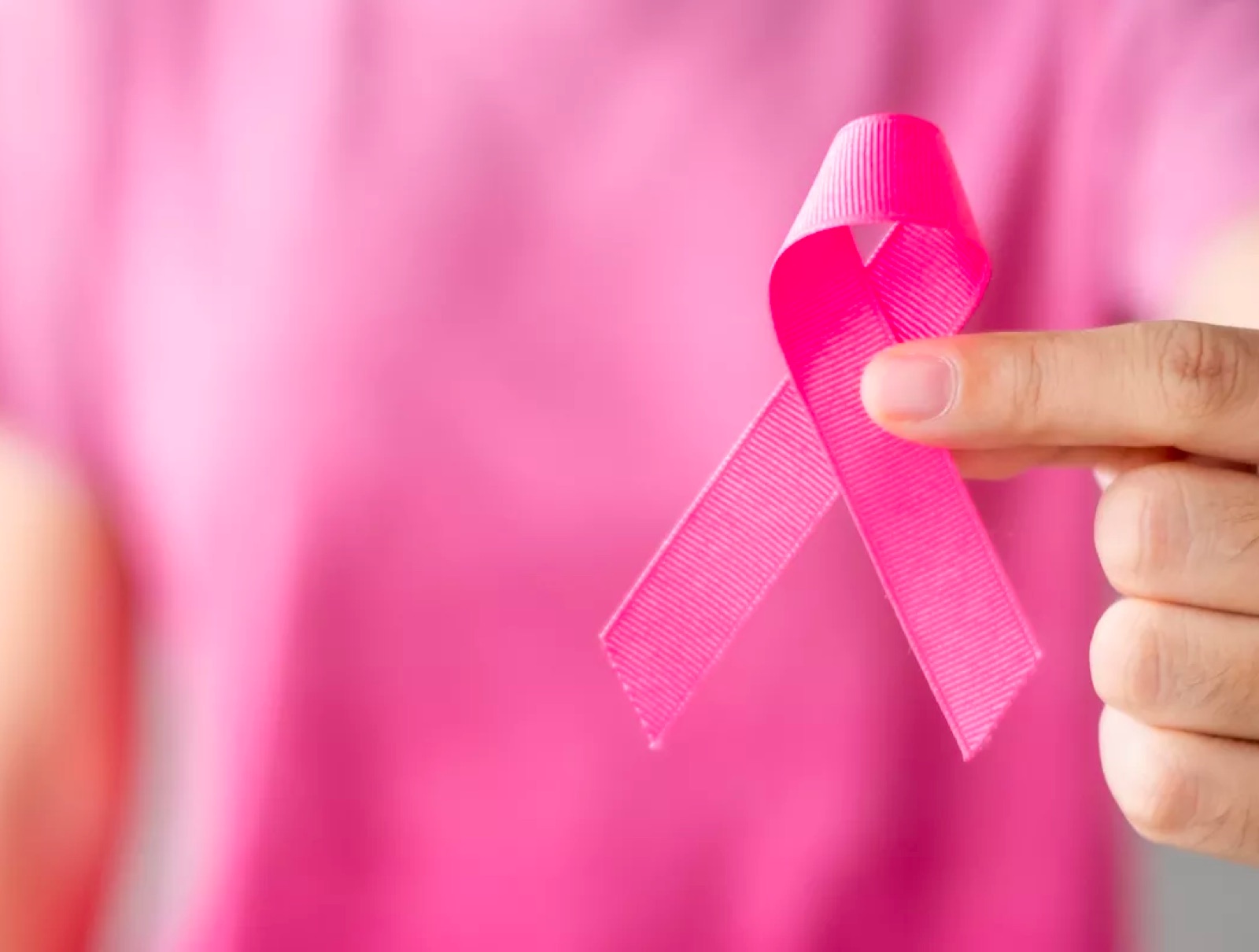Mammograms, or routine screenings for breast cancer, are the best way to protect yourself against a deadly, potentially life-threatening disease. Here is some advice from the doctors at Bangkok Hospital Siriroj’s Women’s Center.
1. Why do you need to get a mammogram? Breast cancer is a leading cause of death in women, however, if it is detected early, your chances of a full recovery are much, much higher. A mammogram is an easy, routine screening that lets you check for possibly dangerous growths before they have the chance to metastasize, or spread to other parts of the body.
2. Can you check for breast cancer on your own? Yes! It’s both easy and recommended to perform regular breast examines at home. Simply apply gentle pressure to your breast starting close to the nipple and working your way around in a circular motion. If you feel a clearly defined lump that doesn’t seem to go away, you may want to talk to your doctor for additional tests.

3. Is every lump a sign of breast cancer? No. Fibroids, cysts and other benign lumps are fairly common in many women. If you feel a lump, don’t panic. Especially if you are under the age of 30, the chances are high that it’s nothing to be worried about. Still, it’s a good idea to consult a professional just to be safe.
4. What can you expect from the process? Your doctor will take an X-ray of your breast to make sure that the tissue is normal and that everything is in working order. If you have a genetic family history of breast cancer and are considered high risk, your doctor may also recommend a mammogram.
5. What is the correct age to begin getting mammograms? Unless you are at high risk, most doctors recommend beginning to get mammograms between the ages of 40-45 years.
6. How often do you need to get a mammogram? It depends on your age and a number of other factors. If you are considered a high risk patient and have a family history of breast cancer, your doctor may recommend that you start getting annual mammograms earlier. For most women, annual screenings starting at age 45 are recommended. After the age of 55, most women switch back to screenings every other year and continue more or less for the rest of their lives.
